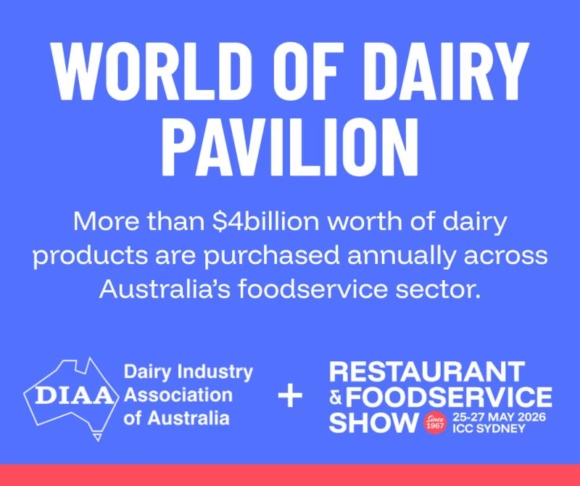Generation Z is driving a seismic shift in alcohol consumption that could alter the economics of restaurant and hospitality operations, according to research from Flinders University.
The study, which analysed more than two decades of data from more than 23,000 Australians, found that Gen Z individuals are nearly 20 times more likely to abstain from alcohol compared to Baby Boomers—a trend that shows no signs of reversing and could force the hospitality industry to rethink beverage programs and revenue models.
A true generational divide
Dr Gianluca Di Censo, lead author from Flinders’ College of Medicine and Public Health, emphasised that this isn’t a temporary youth trend. “This isn’t just a phase; it appears to be a sustained change in behaviour that could have long-term public health benefits,” he said.
The research tracked drinking patterns across five generations using data from the Household, Income and Labour Dynamics in Australia (HILDA) survey. It’s the first Australian study to use longitudinal data to separate age-related effects from true generational change, confirming that younger Australians are fundamentally different in their relationship with alcohol.
Not only are Gen Z consumers more likely to avoid alcohol entirely, but when they do drink, they consume significantly less per week than older generations. Millennials are also following this trend, drinking less than Baby Boomers overall. However, they tend to drink more per occasion—suggesting binge drinking remains a concern even as regular consumption declines.
Implications for hospitality
For restaurant operators who have traditionally relied on alcohol sales for profit margins, these findings signal a need for strategic changes.
The study revealed that abstention from alcohol is rising across the board, with weekly consumption declining particularly among younger cohorts—precisely the demographic many restaurants target.
Co-author Dr Kirrilly Thompson noted that the cultural context has undergone a fundamental change. “Younger Australians are growing up in a different world—one where abstaining from alcohol is increasingly normal, and where digital socialising, rising living costs, and health awareness are reshaping how people spend their time and money,” she explained.
The research suggests several factors may be driving the decline: economic pressures, evolving social norms, increased health awareness, and changing entertainment preferences.
For restaurants, innovative non-alcoholic beverage programs, sophisticated mocktails, and alternative social experiences may become increasingly important in capturing and retaining younger customers.
Silver lining in silver hair
Interestingly, the study found that older generations maintain higher alcohol consumption levels.
The Silent Generation—those born before 1946—showed the highest weekly alcohol consumption, even exceeding Baby Boomers. This suggests that while younger diners may be ordering less alcohol, establishments catering to older demographics may see more stable beverage sales in the near term.
However, the researchers caution that this creates its own challenges, as older Australians may be at greater risk of alcohol-related harm.
“Generation Z are redefining what it means to socialise and celebrate, and they’re doing it with less alcohol,” Thompson said. “That’s something we should be paying attention to, not just as researchers, but as a society.”
The study, titled ‘OK Boomer: A longitudinal analysis unravelling generational cohort differences in alcohol consumption among Australians’ was published in the journal Addiction.







